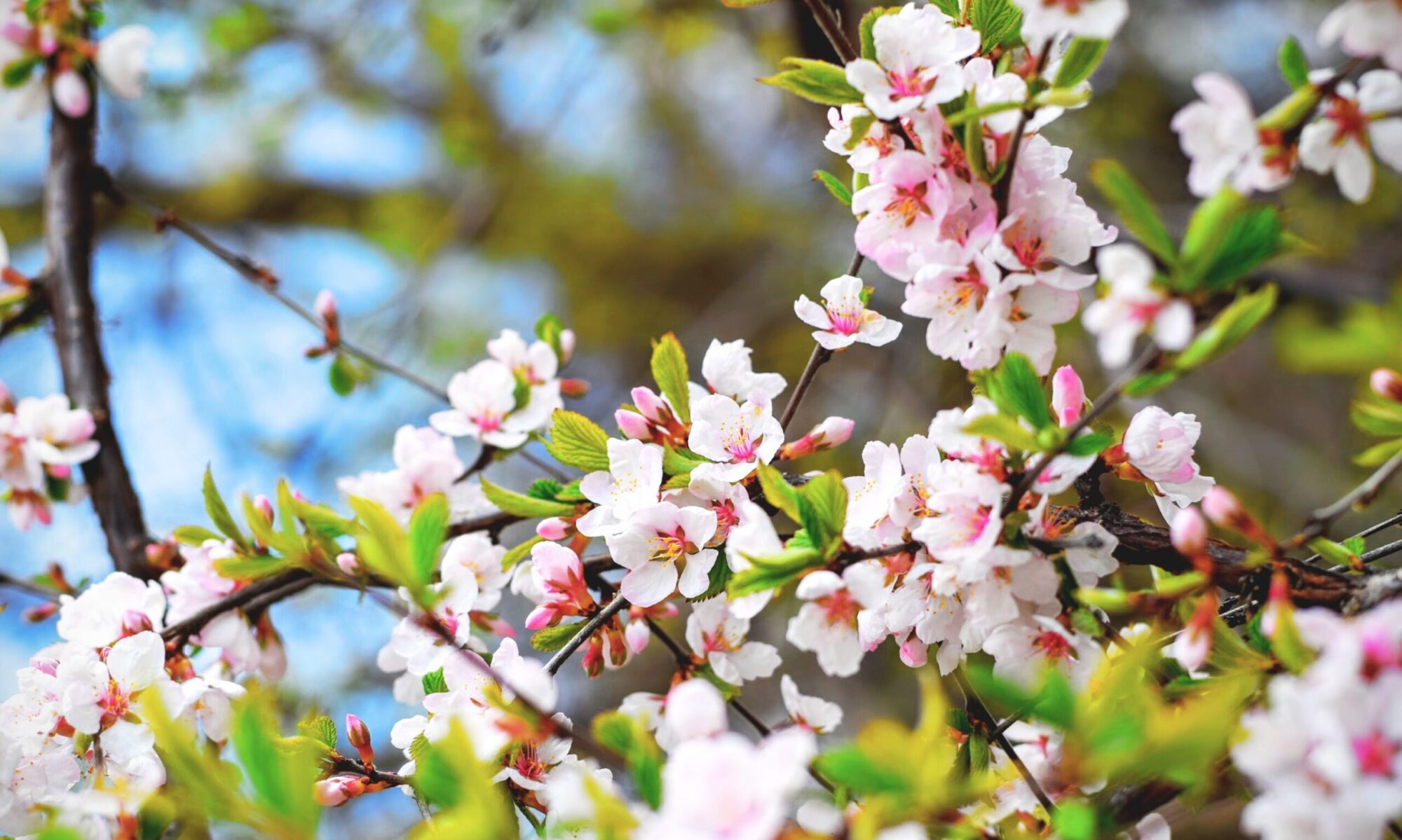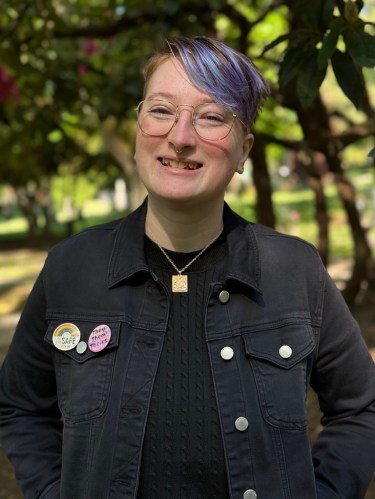What are one or two interventions that you enjoy using and have found to be supportive to clients?
I usually use a mix of two or more, but if I only could pick two, it would be Internal Family systems (IFS) and Relational-Cultural Theory (RCT). IFS highlights our internal emotional experience often learned from traumatic moments throughout out life and helps to integrate restoration into our learned experiences so that we may learn how to love both our more difficult experiences and the ones we hope to become. RCT utilizes community as a core foundation of how we heal. RCT focuses on mutual empathy, support, empowerment, power dynamics, and reducing systemic oppression through community action. My work often focuses on what we can do as individuals to create better local communities, leading to increased self-empowerment and significantly reducing symptoms of trauma, depression, anxiety, hopelessness, and social stress.
What are your favorite clients to work with (populations of special interest)?
I primarily work with queer and trans clients often desiring gender affirming care, have experienced family trauma, neurodivergence, and/or religious trauma. I am passionate about and work well with clients who are willing to explore how systemic oppression, generational family dynamics, and relational dynamics affect who we are and who we will become.
What inspired you to become a therapist?
While in high school, I took a Psychology 101 class and fell in love with the human mind, human development, and learning about social dynamics. Early on in my personal mental health journey, I started out wanting to be the therapist I needed when I was young. Over time and through healing some of my own traumas, my passion to become a therapist blossomed into becoming a community-oriented healer. I want queer and trans folx to have a place where they feel seen, listened to, supported, and have hope for something better.
What insurance(s) do you accept?
I accept Individual clients with OHP Care Oregon, Kaiser, Blue Cross Blue Shield, Regence, and Moda. Once fully licensed at the end of this year, I will also accept Pacific Source.
What artists, creators, mental health practitioners, healers, or practices help to guide, inform, and/or inspire your work as a therapist?
For body and emotion regulation practices I use Somatic, polyvagal, and mindful breath work tools. I have been inspired by these therapists, healers, story tellers, and teachers from Instagram, Tiktok, Patreon, and Substack:
- Social Media: Je Amaechi (Obeahbae), Portia Noir, Dr. Raquel Martin, Dr. Charlie Amaya Scott (Dineaesthetics), Jameelah Jones (Sunny Dae Jones), Tony Nabors (Racial Equity Insights), Trevor Wentt, Dr. Keoshia Worthy (Worthytherapy), Liz Rhea LMSW, Christabel Mintah-Galloway RN BSN
- Books & Social Media: Imani Barbarin (Crutches and Spice), Alok Vaid-Menon, KB Brookins, Dr. Kali Hobson, Dr. Nicole LePera (the.holistic.psychologist),
- Books: Dr. Devon Price, Angela Y Davis, Bell Hooks,
What does it mean to you to heal, or be a healer/agent of healing?
I acknowledge that I am only one part of a larger system of healing. I believe that my part is to help provide relevant local resources and useful tools for finding safety in one’s body, build spaces for relationship repair, and help folx find security in their identity. To heal is to find self-assurance and peace even within existential hardships.
What have you learned from your work / collaboration as a therapist working with individuals and communities?
Since becoming a therapist, I have seen what it looks like to heal alongside others. I have learned that it’s okay to keep growing even while helping others in their personal journey. From a therapist intern to a nearly fully licensed, my clients have seen parts of my gender transition. Working with other therapists, I have built so much confidence in showing up to client sessions authentically while still maintaining ethical boundaries.

